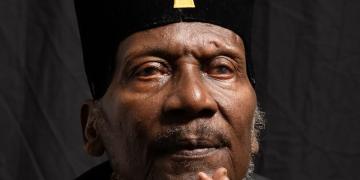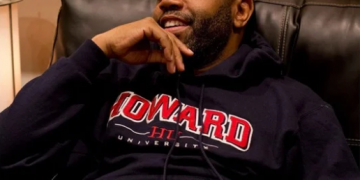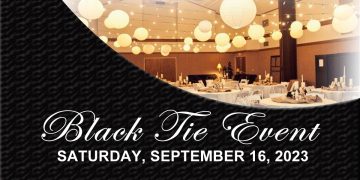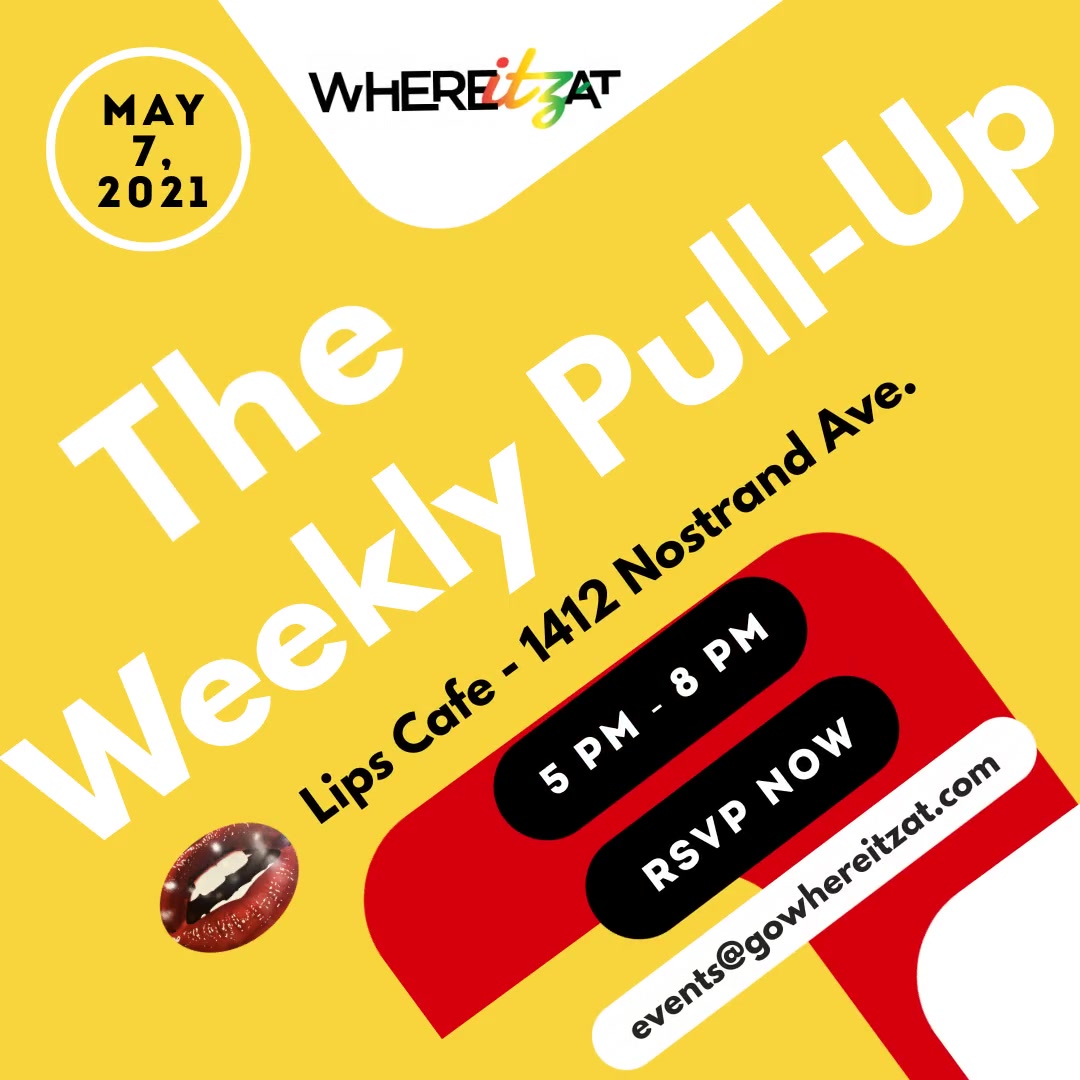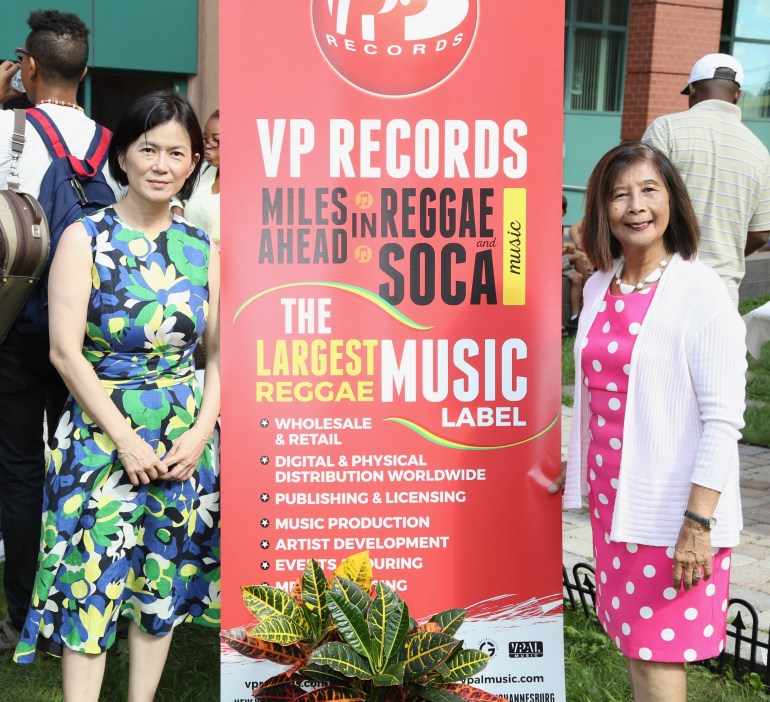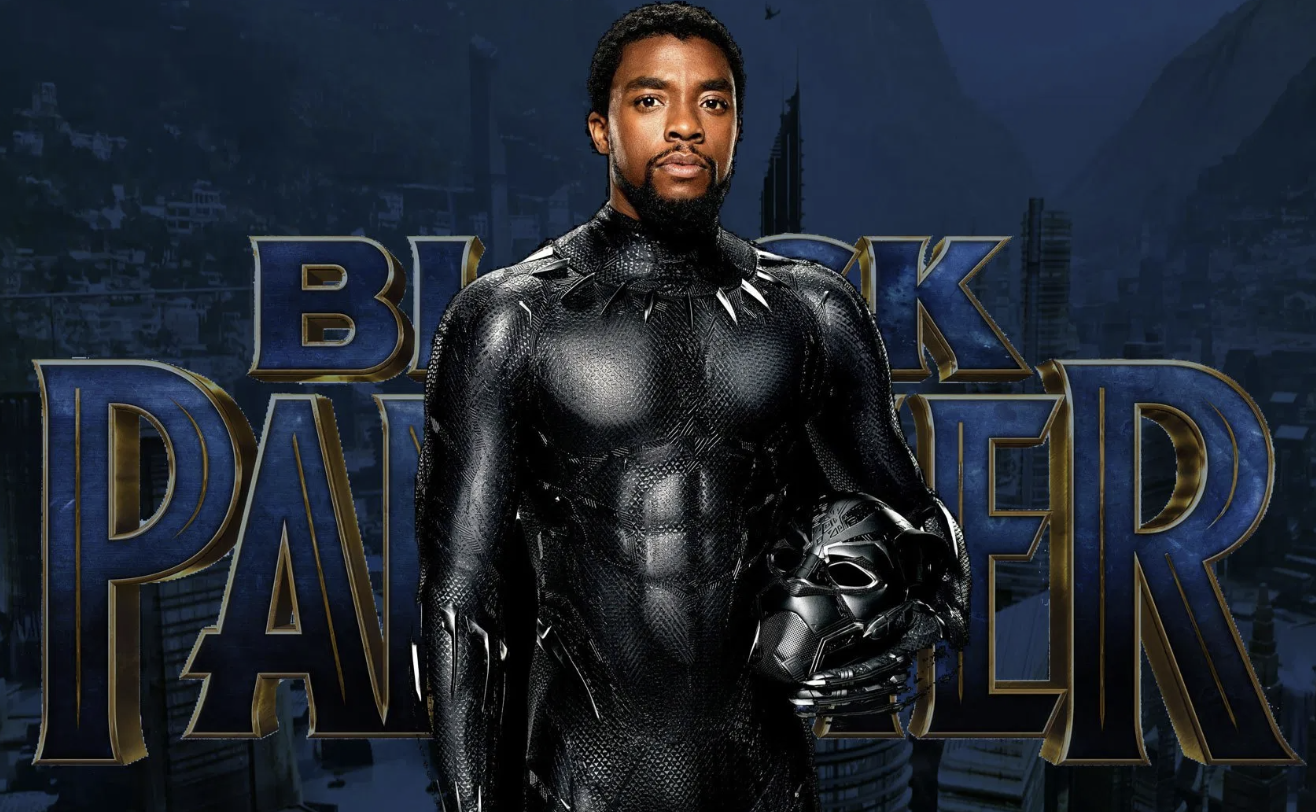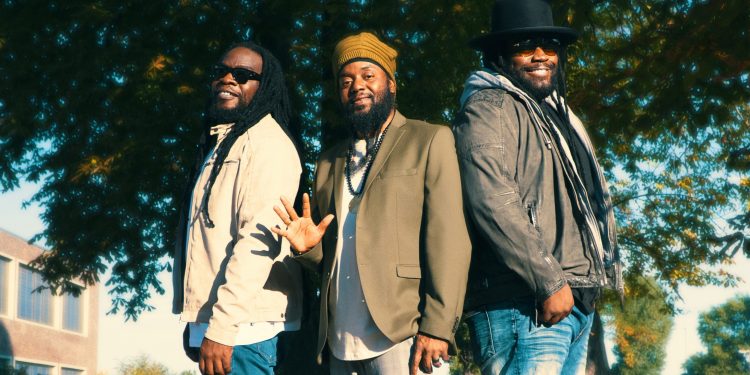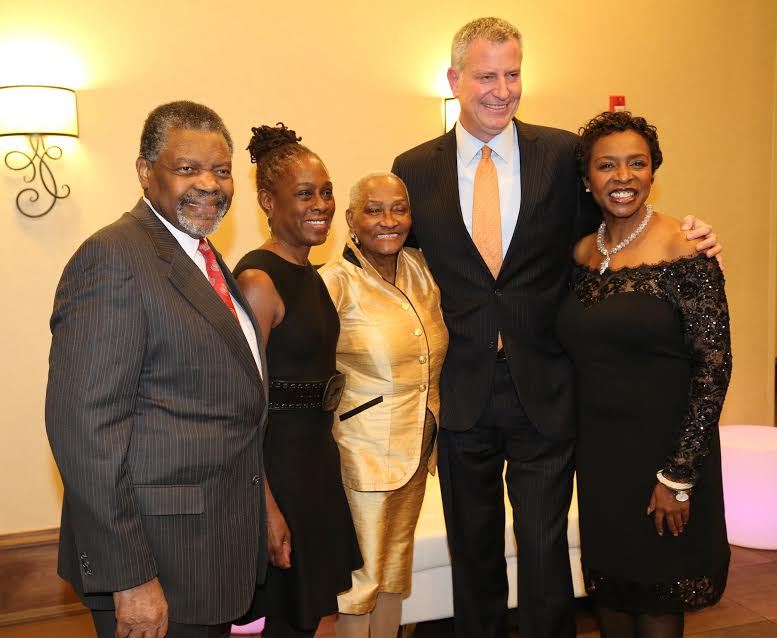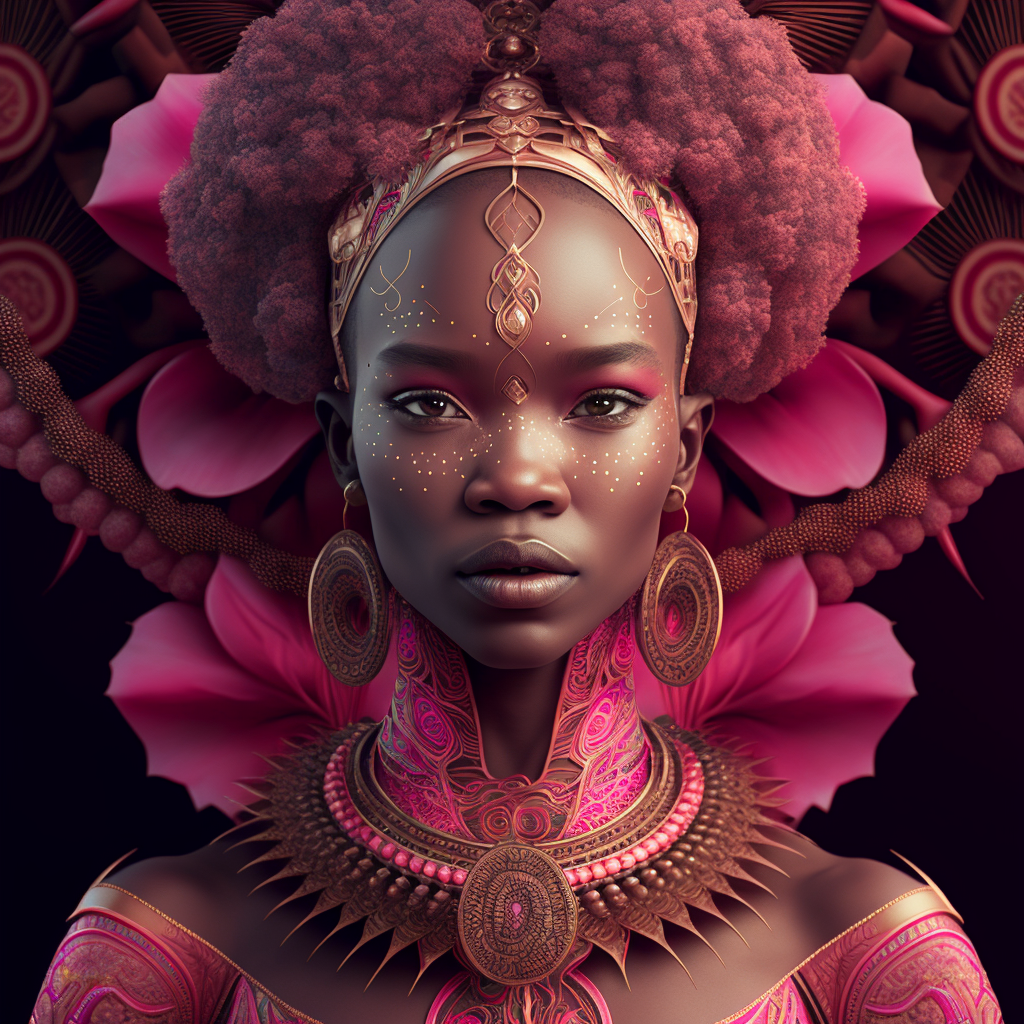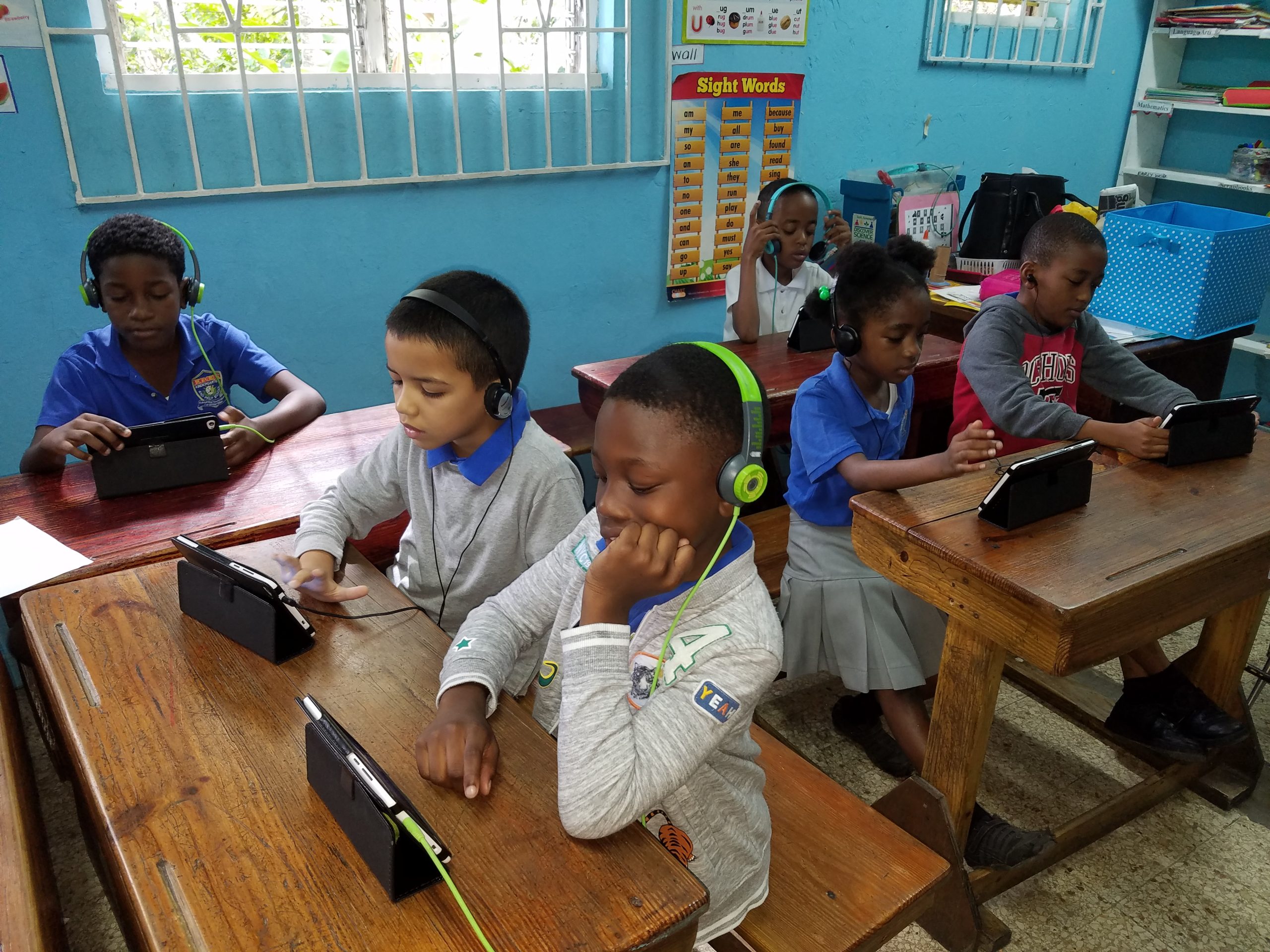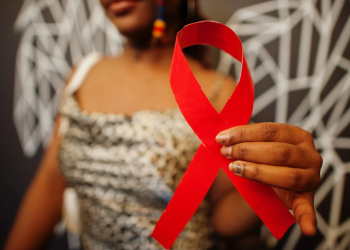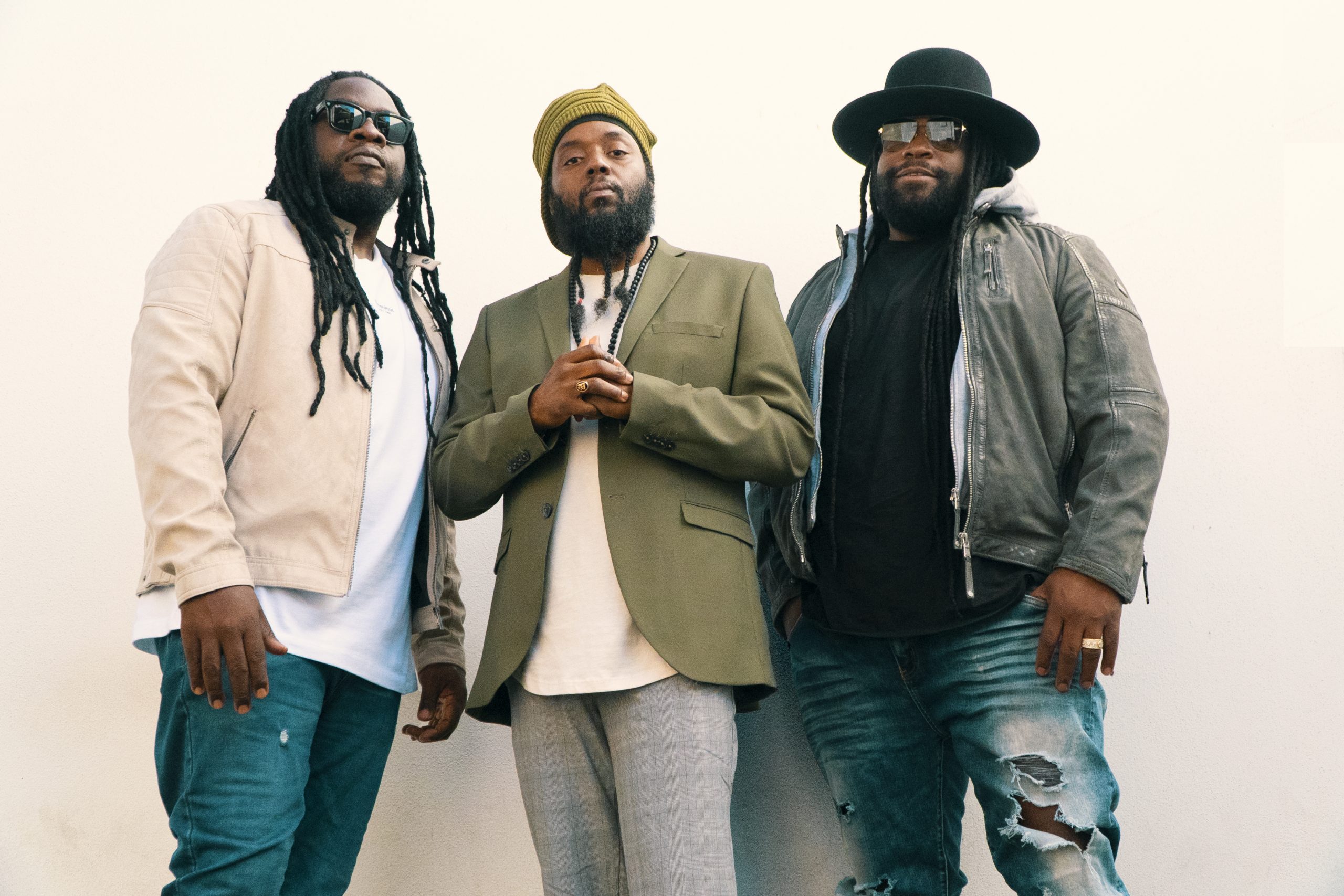 Legacy – one of the definitions, according to the Merriam-Webster dictionary, is something transmitted by or received from an ancestor or predecessor or from the past. I believe it’s safe to say that Morgan Heritage has been the recipient of one of the greatest legacies one could wish for, that of music. For generations music has been the gift that keeps on giving. Transporting us through time, healing pain, uplifting our spirits, guiding us to safety and freedom, carrying our ancestors, empowering us to move forward. To be bestowed this legacy by a father, the honorable Denroy Morgan, is an even greater gift, that I am sure we can all appreciate. Over the years we have watched Morgan Heritage continue to stand strong and walk their path as ambassadors of culture and conscious music. They continue their legacy by gifting what they have inherited to the world, through their music. So, when I had the chance to have another conversation, it was refreshing and powerful, to say the least. Due to scheduling conflicts, we were unable to connect with Gramps and Peetah, but a Morgan, is a Morgan, so a sit down with Mr. Mojo gave us everything we needed as we talked about their early beginnings, the industry, and their latest album, The Homeland, now available for purchase.
Legacy – one of the definitions, according to the Merriam-Webster dictionary, is something transmitted by or received from an ancestor or predecessor or from the past. I believe it’s safe to say that Morgan Heritage has been the recipient of one of the greatest legacies one could wish for, that of music. For generations music has been the gift that keeps on giving. Transporting us through time, healing pain, uplifting our spirits, guiding us to safety and freedom, carrying our ancestors, empowering us to move forward. To be bestowed this legacy by a father, the honorable Denroy Morgan, is an even greater gift, that I am sure we can all appreciate. Over the years we have watched Morgan Heritage continue to stand strong and walk their path as ambassadors of culture and conscious music. They continue their legacy by gifting what they have inherited to the world, through their music. So, when I had the chance to have another conversation, it was refreshing and powerful, to say the least. Due to scheduling conflicts, we were unable to connect with Gramps and Peetah, but a Morgan, is a Morgan, so a sit down with Mr. Mojo gave us everything we needed as we talked about their early beginnings, the industry, and their latest album, The Homeland, now available for purchase.
Chris Williams (Chris): Well, good morning. Good morning. Good morning, sir. Mojo. How are you, sir?
Mr. Mojo (Mojo): I’m all right. How you doing today, Chris?
Chris: I’m good. I’m good. Listen, thank you very much for taking the time out to join us today. A little background, of course, we have featured the entire Morgan Heritage family in the past, via our magazine, WhereItzAt. And of course, this is for another edition of WhereItzAt. This year WhereItzAt celebrates our 20th year anniversary. Can’t believe it’s been 20 years already.
Mojo: Oh, man. Congratulations. That’s a beautiful thing.
Chris: Thank you.
Mojo: Longevity. Very, very important.
Chris: Longevity Mojo. Longevity. I mean, when we talk about longevity, you guys first debuted on the scene in 1994. So you’re talking about 29 years in the business. How does that feel, brother?
Mojo: Well, I mean, we were releasing music before that. So I would say, like 1990 was our first professional release with an album called, Growing Up, that was only released in Japan on Apollo Records. And then we were signed to MCA in 1992 after a trip to Jamaica, working with some of the top producers across the island from Sly and Robbie to, you know, Handel Tucker, to Steven Stewart, it was just an amazing time down there. And happened to perform on Reggae Sunsplash, and it was the season. You know our genre have a season with the major labels, and they were just signing up people like Ed Robinson, Barrington Levy, the younger group in the family was The Dreads at the time, and they became LMS when one of the dancers for The Dreads joined the group.
And we were all signed to MCA Records, because of our performance on SunSplash and what was going on with the other artists, you know, in the marketplace, in the reggae genre. So, I think ‘94 is when we had that first global release. So that’s when we were on the books with an official global release. So, it’s been a long time coming and even before that, as younger kids, we used to be the backing band, for some of the headliners within the 12 Tribes of Israel organization in New York. When they had staged those events, we were in a backing band for Freddy McGregor, Dennis Brown, Judy Mowatt, just to name a few.
Chris: Lot of history, man. And even the biggest part of it is that, coming from this family where your dad, the late great Denroy Morgan was so instrumental. I mean, really a visionary when you think about it, because what a legacy he left behind with you guys, man.
Mojo: We are grateful. I think what’s unique about our dad, and us is that our legacies are intertwined. So, our dad had a major hit record, “I’ll Do Anything For You”, in the early eighties. And then put his career on pause after he was the first Jamaican signed to a major label at RCA Records, in the mid-eighties. And then he just started to focus on Morgan Heritage and the development of our career and talent. So, traveling around the world with him as our dad, naturally, we got comparisons to other family groups, Partridge Family, Jacksons, et cetera. And then we both continued our careers, continued releasing new music, and we’re performing on the road together. So we started to carve this new road of father and children having active professional careers and performing together all around the world. So, the work we did will never be replaced or broken, so we just have to do our part from here on out to carry on the legacy we built together.
Chris: Absolutely. I mean, when you think about all those years that you spent, how does it make you feel today musically and personally in terms of what you’ve accomplished thus far with your career?
Mojo: Humbled, grateful, like you said, this is WhereItzAt’s 20th year anniversary, so, as we mentioned the word, longevity, to have a career that goes beyond five years, to have a business that goes beyond five years is hard enough in itself. When you talk about 20 plus years doing something at the top of the food chain, successfully, it’s not a easy achievement. And we owe that to platforms like yourself, that have evolved throughout the years, you know what I mean? We owe that to our loyal royal fan base that has been with us from the inception of this thing called, Morgan Heritage. And has introduced their kids now to us. So it’s becoming a generational thing. Like, The Rolling Stones, you know?
Chris: Yeah. And it’s so amazing because as I watch you guys, I think all of you have found the fountain of youth ‘cause nobody looks like they got older. Everybody looks the same, you know what I’m saying? I don’t even see a whole lot of gray or nothing, like I’m greyed up, my beard is, you know what I mean. I hit 50, so I guess this is traditional, but you guys look young, still young, still ready.
Mojo: Thank you. Thank you my brother. Appreciate that. Now we owe that to the youths. The youths keep us young, you know, and running around with them when we’re home through the pandemic, took off a couple years. It added years, in terms of dormancy cuz you’re like, oh man, I wanna get back. But in terms of the energy of having to drive to this soccer tournament, the baseball tournament, the basketball game, the football tournament, it definitely keeps you going. You know, we became soccer and baseball dads.
Chris: Wow. How many kids do you have Mojo?
Mojo: Me? I’ve been blessed with nine thus far.
Chris: Nine. Wicked. Nine. Yo, you have a tribe. Love it. Love it.
Mojo: A little short of the football team, but yeah.
Chris: It’s alright. Listen, you can always catch up, you know.
Mojo: Yeah. Don’t it? We have a few more years.
Chris: Yeah. You know. So, with that, I mean obviously we’ve moved out of the pandemic, so to speak. I mean, COVID is still around, but, not as deadly as it was before. You are preparing, first of all, this latest single, I gotta touch on, “Just A Number.” Love the song, love the message behind it. What inspired you guys to create this particular song with that message?
Mojo: Pop culture. We have seen so many of our peers within the entertainment industry and just the creative space, just fall by the wayside, because of things that have nothing to do with their profession. This was not a part of the curriculum when talent development was being implemented. So, now we are making this call to action that, hey, if you’re developing a young creative person, make them aware of this thing called “cancel culture.” Be aware that there are things that you could have said before that, even though it was offensive, it didn’t affect your livelihood. Now it will. So don’t complain about it. Don’t make it seem like it’s a problem. Yes, we are more sensitive today as, as a people, as a species than we’ve ever been. But we have to adapt. We’ve been great at that as a species.
So, as entertainers, let’s just adapt. Things that we want to see change, be about it. There’s a lot of people that are doing great work that aren’t on the front lines screaming at, Hey, look at me over here. I just saved this kid from a falling building. We don’t have to be the publicized superhero, we can be the behind the scenes superhero. Cause it has to be about the change versus the notoriety that comes from impacting change. Cause your name is gonna live on if you’re doing it for the right purposes.
Chris: Absolutely. But Mojo, what do you say to the folks now who will say, well, aren’t I being censored then? Isn’t that what that is?
Mojo: No. You’re being prepared for the consequences. So if you want the smoke, by all means go get it. But at least you were prepared for it.
Chris: Right. Absolutely.
Mojo: I think that there’s not enough preparation going into talent development of consequences of your actions.
Chris: Absolutely. Now, as you speak about that, and you guys, I think stated eloquently in the song, which is, probably what led to you amassing over 1.2 million views. I mean, the song is bubbling, man. I love it. When you look at a lot of the artists today, I think that’s a big challenge. What are you guys doing to guide the young artists today, so that they don’t get censored, they don’t get banned, they don’t get canceled?
Mojo: We just have to make sure that we understand the environment that we are in. The sooner we understand that, the more we will realize that, okay, they say in the good book, if your right hand offend your brother or your sister, you should chop it off. So, we don’t have to go through the extent of cutting it off. We just have to think that we just have to ask ourselves the questions. Who is gonna be offended by this? Who is gonna be affected by this? Who’s gonna be inspired by this? Okay. What are the pros and the cons? So if we just analyze things a little bit more and put a little more thought into the things that we do or say as high profile individuals, because that’s the reality of the situation. When you have these multi-billion-dollar corporations making mistakes and hurting wildlife and hurting human life. They pay their fine of a few billion, but they still go on to continue. Where we, who don’t have the billions, we make a mistake and we don’t affect life, we affect feelings. We hurt people’s feelings with some of the things that we do, and we sometimes lose everything.
You know what I mean? So it’s like, wow, when you put it on a scale, is it really fair? The answer is no. It’s not. It’s not really fair for you to do something. You didn’t take a life, a bird didn’t die in some chemical that we created. People weren’t poisoned in the water from chemicals that we put in there, it’s humans doing these things. We just said something, we hurt people’s feelings and we lose everything?
It’s pretty steep, when you think about it, and we might, as a people, as a species wanna think about, Hey, why don’t we tell that man, hey, you hurt people’s feelings. Try not to do that moving forward, cause it doesn’t make me feel good, man. We can talk about it, but to just dismiss each other and say, get out of the room, you’re no longer welcome. I don’t know.
Chris: This whole spirit of forgiveness it seems to be lost.
Mojo: The humanity.
Chris: Yeah. The humanity is gone. It’s removed from it.
Mojo: It’s not gone, but it’s just not being utilized.
Chris: Yeah. And especially not being utilized when you talk about a certain group of people. In other words, you’ll see that humanity extended to certain groups and not others.
Mojo: Now that’s a different classroom you’re going into there. So now, the classroom, that’s what I’m saying this, I love this conversation because now we have the opportunity to create more classrooms. So this classroom is just about awareness.
Chris: Yes, absolutely.
Mojo: But now, because of this awareness, now you’re like, wait a second, we’re aware and we’re seeing injustices that are being executed behind this reality within society today. Which is called cancel culture. But that’s a different classroom.
Chris: We’re gonna start another classroom for that at a later date.
Mojo: Yeah. Yeah.
Chris: So now, 2021, during the pandemic, you guys also released a 35-track album called Legacy. Which, first of all, I love the title.
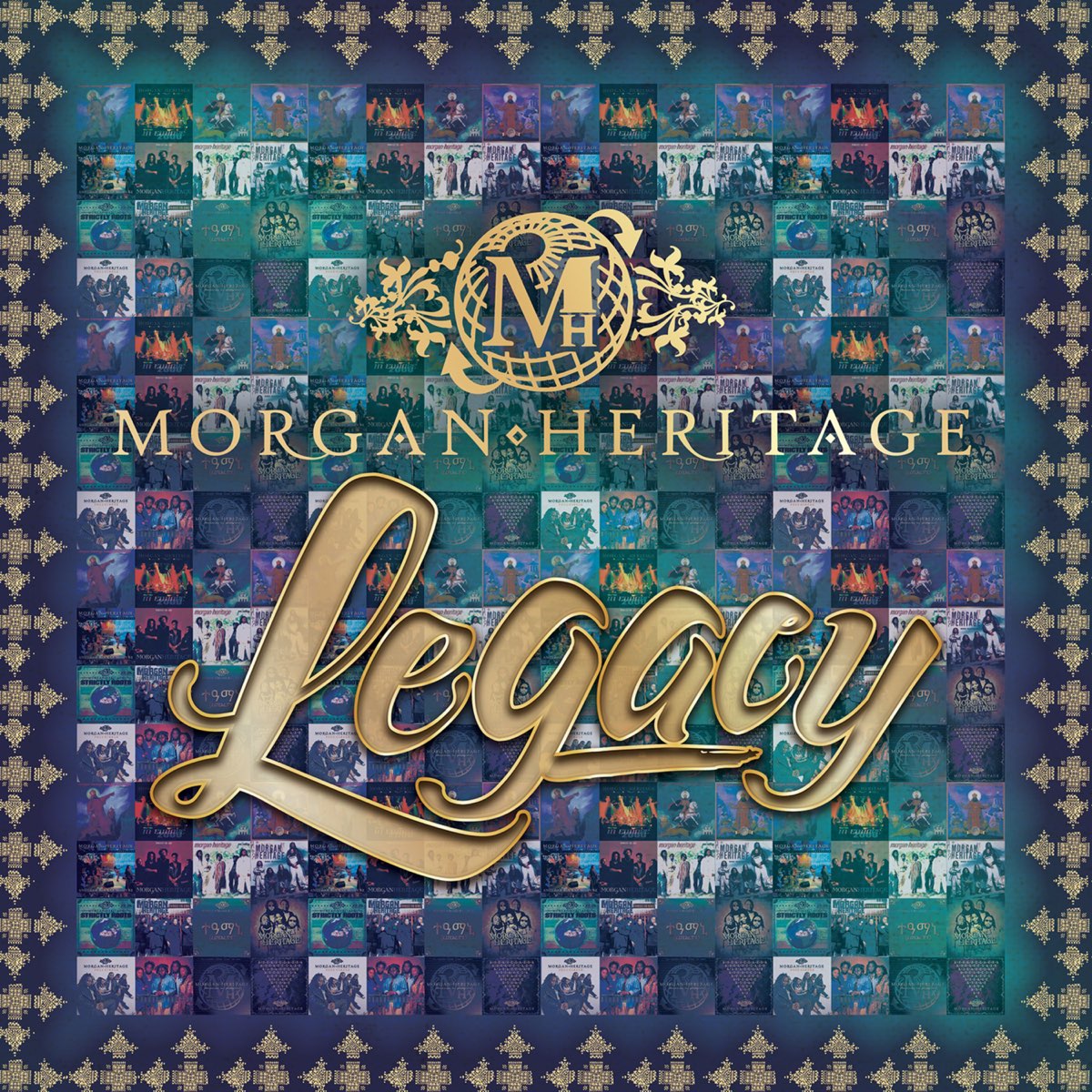
Mojo: Thank you.
Chris: You guys basically became the first reggae artists to create NFTs. For those of you who don’t know, NFTs are non-fungible tokens. It’s a way of creating this signature that is unique and specific to that particular thing, whether it’s art, music and so forth. Nobody can copy it. Nobody can copy it.
Mojo: Correct.
Chris: Yeah. What inspired you guys to enter the cryptocurrency space and, how did that perform for you, as a first?
Mojo: One of our sisters had a friend that was really into it. Big up Ryan Graham. And he just was educating us on where technology is going. And he asked me one simple question. If somebody told you that you could have bought Amazon’s stock at $3 in 1998, that’s valued over $2,500 today, would you have bought it? Right. Okay. Now let me rephrase that. Would you have bought it if you knew that it was gonna become $2,500 in 20 years?
Chris: Of course.
Mojo: Right. So when somebody gives you a little insight into where the future is going, you should pay attention to it. So we wanna make sure that we’re on the forefront of cutting edge technology always, in everything that we do. Not just in the mobile devices that we consume, but also in the way that we provide our music to consumers. Because we’re providing a product like our app, these mobile companies provide these apps and these mobile devices. We are providing something with our content, with the music. So we just want to make sure that we’re able to do so as technology evolves. And that’s all that was the inspiration.
Chris: It’s great. I mean, now, I’m guessing that being that this is something you obviously acknowledge as the future, there’ll be more like this down the line.
Mojo: Yeah. And even more involved than just an asset, but a whole world. That people can go and enjoy all things that we create as a unit.
Chris: Man, it’s fantastic. It’s a space that I’ve been looking at myself and we’re trying to figure out how to make our own mark in that space, and, a lot of other artists I’m sure will follow, because I haven’t seen, and correct me if I’m wrong, is there anybody else that has joined this space besides you guys?
Mojo: Bay-C from TOK has been very active. There’s a few musicians, he’s the bass player for Dirty Heads. He did some stuff, but we were the first to do it with a major platform such as Bondly.
Chris: Yeah. Bondly is a major platform.
Mojo: Yes, and it was a global thing. It wasn’t something just to our fans. People were talking about Morgan Heritage in places that we’ve never been a topic of conversation. So, grateful to Brandon Smith and the people over at Bondly for giving us that opportunity.
Chris: Yeah. That’s fantastic. Now, when I think of Morgan Heritage, immediately it conjures good feelings for me. As I said, WhereItzAt has featured you guys in the past and we did an album release party for you years ago through VP Records. We’ve watched you grow over the years. One of the things that I think you brand really well is, and it’s a phrase, I’m guessing you guys coined because I hear it in the music, “It’s cool to be conscious”. And I feel like it’s a representation of Morgan Heritage because, you make consciousness look cool. Because unfortunately, I see what’s happening with the music today. There’s a bit of a void of consciousness, not with all music, but there’s certain genres that I think it’s missing and it’s needed. Who are some of the younger artists in this space of consciousness, that you are working with and plan to work with on future projects?
Mojo: We love what people like Popcaan is doing, because he’s engaging the youths in a positive way. He has fun with his lyrics. But sometimes he has certain morals, but even though he behaves unruly, he says, “A we seh family.” So those are morals and values that he learned from his mother, that he still puts in his music. So, you have to be able to see through all the things that anyone would consider, “Oh, but he always just talks about that, or he always talks about that.” But wait a second. But he also said something good. So I love that about him. I love that about an artist like I-Octane. Jesse Royal is a artist to really keep an eye on moving forward. You saw what Kabaka did. I’ve been a fan of his for quite some time now. Very proud of what he has achieved with our brothers over there at Ghetto Youths. And there’s some females coming up, like Lila Ike. And there is an undeniable talent in Koffee. So I think the future is bright.
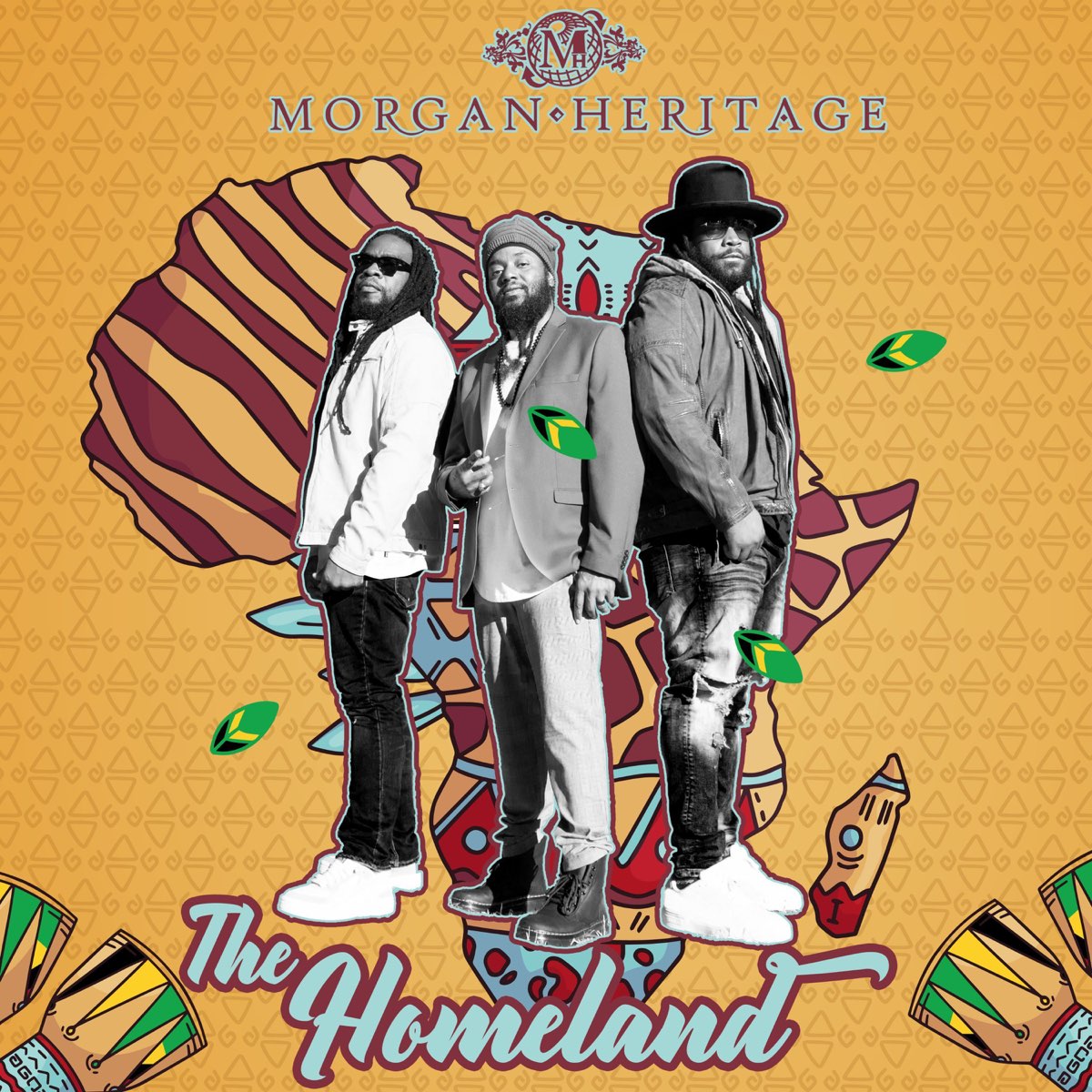
Chris: Okay. Excellent. What are your thoughts, as we close out, on the future of reggae right now, as you see it?
Mojo: The future of reggae is bright. I think we must continue to push the envelope because every other genre of music evolves. I hate when people say, oh, that’s not real reggae. I’m like, Hmm, what’s real? What makes it real reggae? Because it don’t have the one drop in it? It’s not real reggae? It doesn’t have a snare, straight four, you know, kick, buff, baff, buff, with a heavy bass line on the guitar chops? No, I think the creators of the music determine the sound and we just have to sometimes ignore the noise out there by the critics. And understand that genius isn’t recognized with praise initially. Never has been, and never will be. So, as innovators and creators, we want our people, like our idol Steel Pulse to continue to push the envelope of Jamaican music.
And we love what the youth is doing. You know, some of the elders may not understand the process or the juncture, this point that we are at in history within our genre. But I think we are creating something new as we engage the new consumers of music. Cuz the worst thing you could do is take a music that’s globally renowned and turn it into something that’s only in a small, very small audience. If you go back a hundred years, 200 years, classical music was pop music. That was pop music. Beethoven was the man. These guys sold out venues with 20,000 people. 10,000 people in the theaters or three concerts the same night. Massive numbers these guys used to do. So, classical music isn’t the same today. So why should reggae music? Why should dancehall music stay the same? Change is inevitable and we embrace it and endorse it.
Chris: Absolutely. And you’re absolutely right. You know, rap has changed, hip hop has changed. Everything has to evolve and so, why shouldn’t the [reggae] music. Mojo, Listen, I would love to be able to spend more time and I want to do this again. Hopefully, we can get the whole team, you, Peter and Gramps on, and we can really dive into some more things. And hopefully, we can do an in-person thing, a live thing, you know?
Mojo: Yeah. We’re working on some stuff, so I know the team is gonna be in touch with you, on when we’ll be near wherever you’re located.
Chris: Yeah. I’m in New York, I’m in Brooklyn.
Mojo: Yeah man. We’re coming to New York very shortly, so when we do, I know they’re gonna try and fill up our schedule. And I hope that we get to, like you said, expand on this conversation and dive into the new album, a little bit more.
Chris: Absolutely. Listen, it’s been an absolute pleasure, Mojo. I appreciate the time you took. I’m gonna keep promoting “Just A Number” because like I said, I love the song, love the message behind it. And I’ll keep pushing forward with whatever you guys put out next. All right.
Mojo: Well, subscribe to Morgan Heritage TV on YouTube and stay in tune with us on our website, morganheritagemusic.com. And follow us on social media @MorganHeritage, Twitter, Instagram, Facebook. Morgan Heritage Official on TikTok.
Chris: Wicked. You know, it’s like you’re in my head cuz I was just gonna ask you to gimme all that. And you gave it to me. Yeah man. Mojo, listen, thank you brother. I appreciate the time, man. I’m looking forward to more conversations.
Mojo: All right, Chris it was a joy. Thank you man for being there all the years.
Chris: Yeah man. I appreciate you all.

